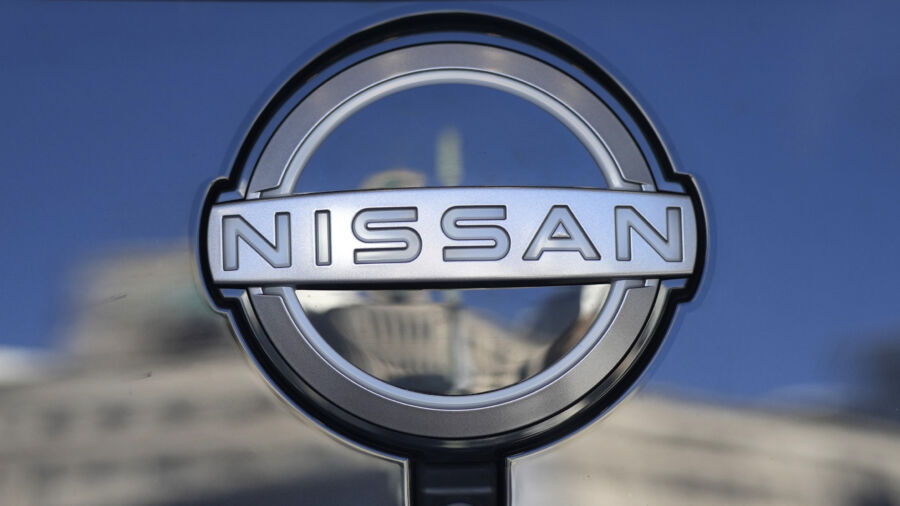Nissan issued a “do not drive” warning Wednesday for certain 2002-2006 vehicles due to a long-standing recall of exploding Takata air bags. The company has offered free towing and mobile repair for all 84,000 affected vehicles.
With the “do not drive” warning, Nissan joins seven other automakers who have done the same in recent years, as the number of victims of the exploding Takata air bags increased.
So far, no less than 27 people have been killed by exploding air bags in the United States, according to data from the NHTSA, while more than 400 have suffered injuries.
While automakers initially complied with the recall on auto-pilot, the recent pull towards issuing “do not drive” warnings reflects the growing risk of explosions.
“The age of the air bag is one of the contributing factors,” the NHTSA said, as is long-term exposure to high humidity and temperatures.
“Even minor crashes can result in exploding Takata air bags that can kill or produce life-altering, gruesome injuries.”
Vehicles made by 19 different automakers, or 34 brands, have been recalled to replace frontal airbags in what NHTSA has called “the largest and most complex safety recall in U.S. history.”
The recall, which began in 2013, pertains to some 67 million air bags from more than 42 million vehicles.
According to NHTSA data released in April, 9 percent of the unreliable air bags still need to be replaced—roughly 6 million units.
Not all of the recalled vehicles have been given a “do not drive” warning, as not all types of Takata air bags pose the same risk. Hence, the recall has been done according to 12 priority groups.
According to Consumer Reports, the culprit is not the air bags itself but its inflators—metal cartridges loaded with propellants which inflate the bag upon impact. However, the inflator cartridge has been known to rupture during a crash, spraying metal shards throughout the passenger cabin with potentially lethal force.
The NHTSA traced the root of the problem to the chemical composition of the air bag propellants.
Subsequent investigation revealed that the Tokyo-based Takata Corporation was aware, as early as 2000, that some of its inflators were not performing to automaker specifications. The company also knew that certain inflator cartridges had sustained failures, including ruptures, during testing.
Instead of resolving the issues, the company, for more than a decade, falsified critical test data regarding the safety of its products, according to the Department of Justice.
In 2017, the company and three of its executives pleaded guilty to wire fraud and were fined $1 billion in criminal penalties.
The Nissan “do not drive” warning covers certain 2002-2006 Nissan Sentra, 2002-2004 Nissan Pathfinder, and 2002-2003 Infiniti QX4 vehicles. Owners are urgently advised not to drive affected vehicles until after the free repair.
To check whether your vehicle is susceptible to recalls, check with the NHTSA online recall finder page.

